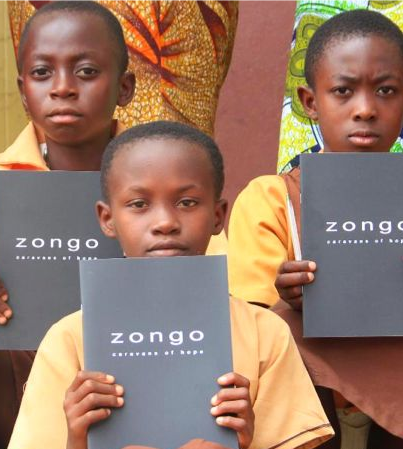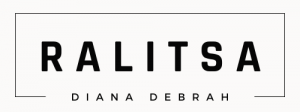Design for Change
As an educator, I believe design has the power to shape minds, foster empathy, and inspire meaningful change. My goal is to create learning environments that cultivate critical thinking, equity, and social responsibility. Through trans-disciplinary collaborations, my work explores how design education can drive real-world impact, empowering communities and nurturing the next generation of socially conscious designers.
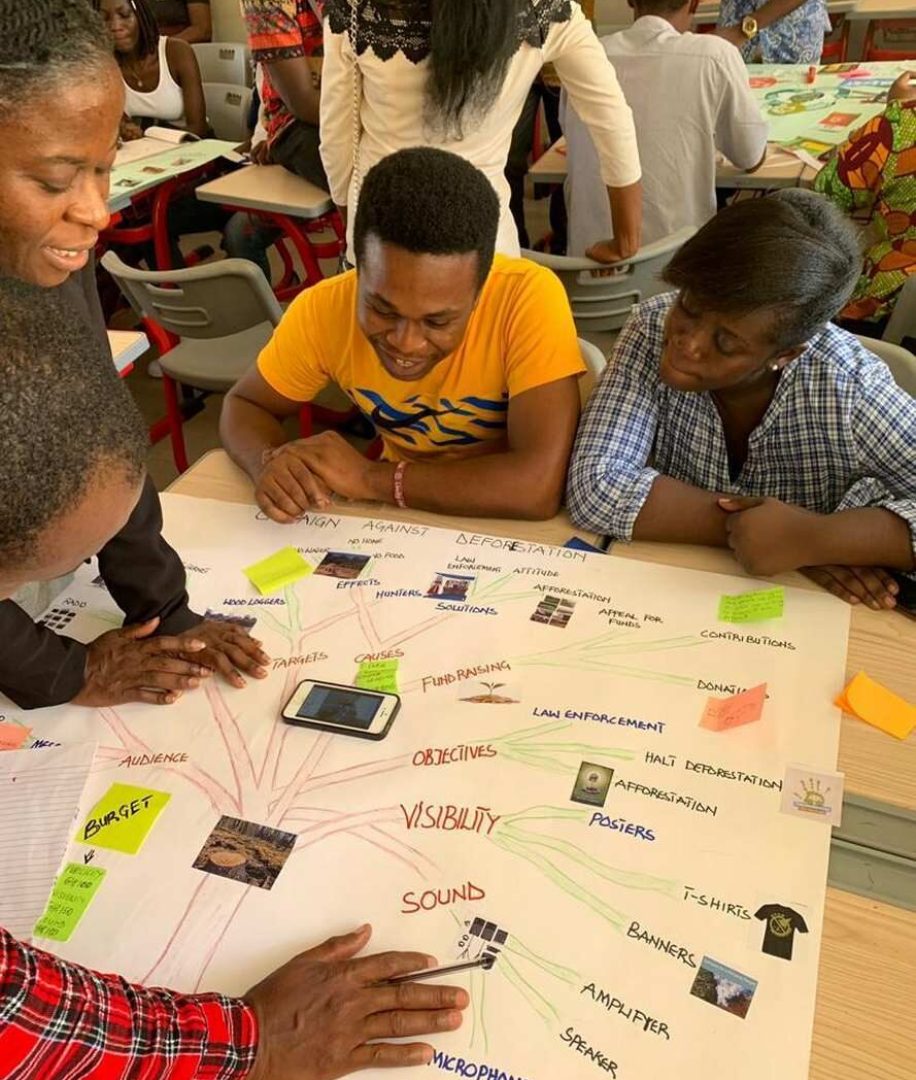
Sustainable Brands
Learners use design thinking to engage with SDGs and solve societal challenges in Ghana, fostering innovation and sowing small seeds of change with a global impact.
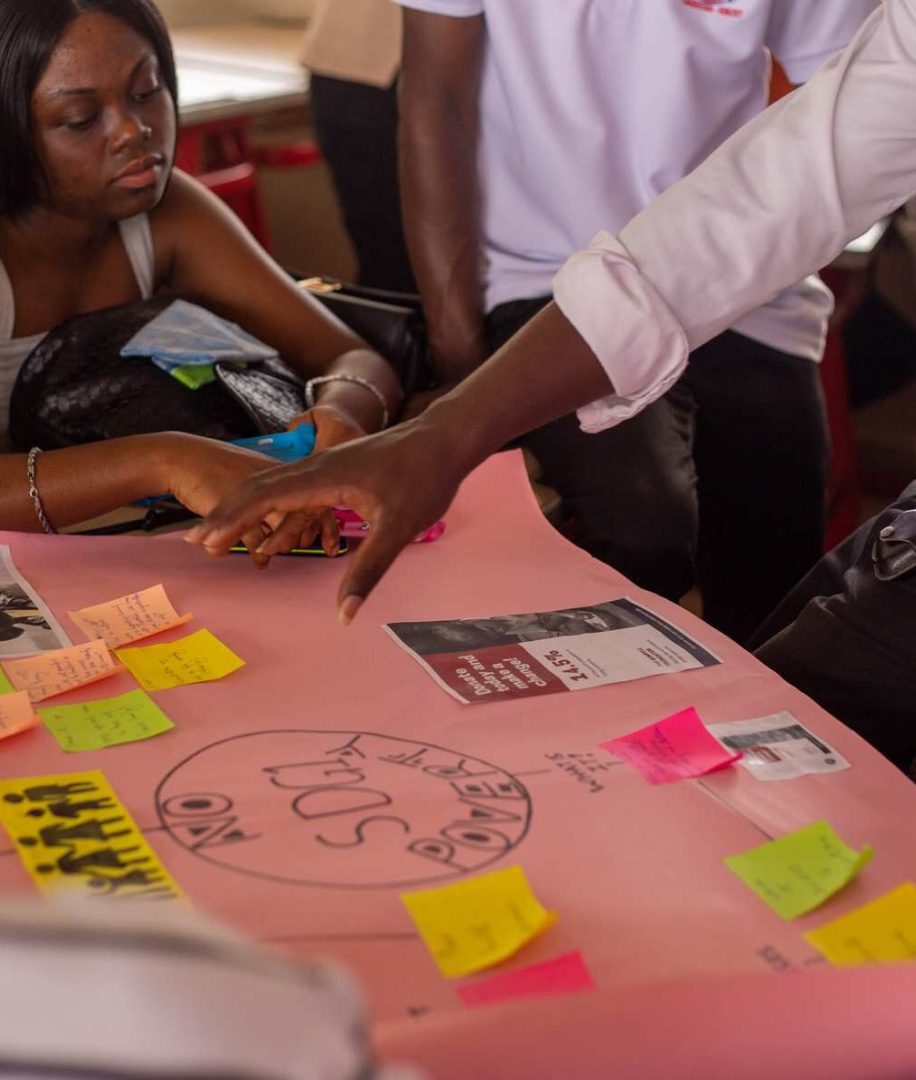
5-Star Street Project
A design-led initiative in Moshie Zongo which promoted cleanliness and sustainability by raising awareness, distributing bins, rating streets and ultimately enhancing property value leading to a cleaner and greener community.
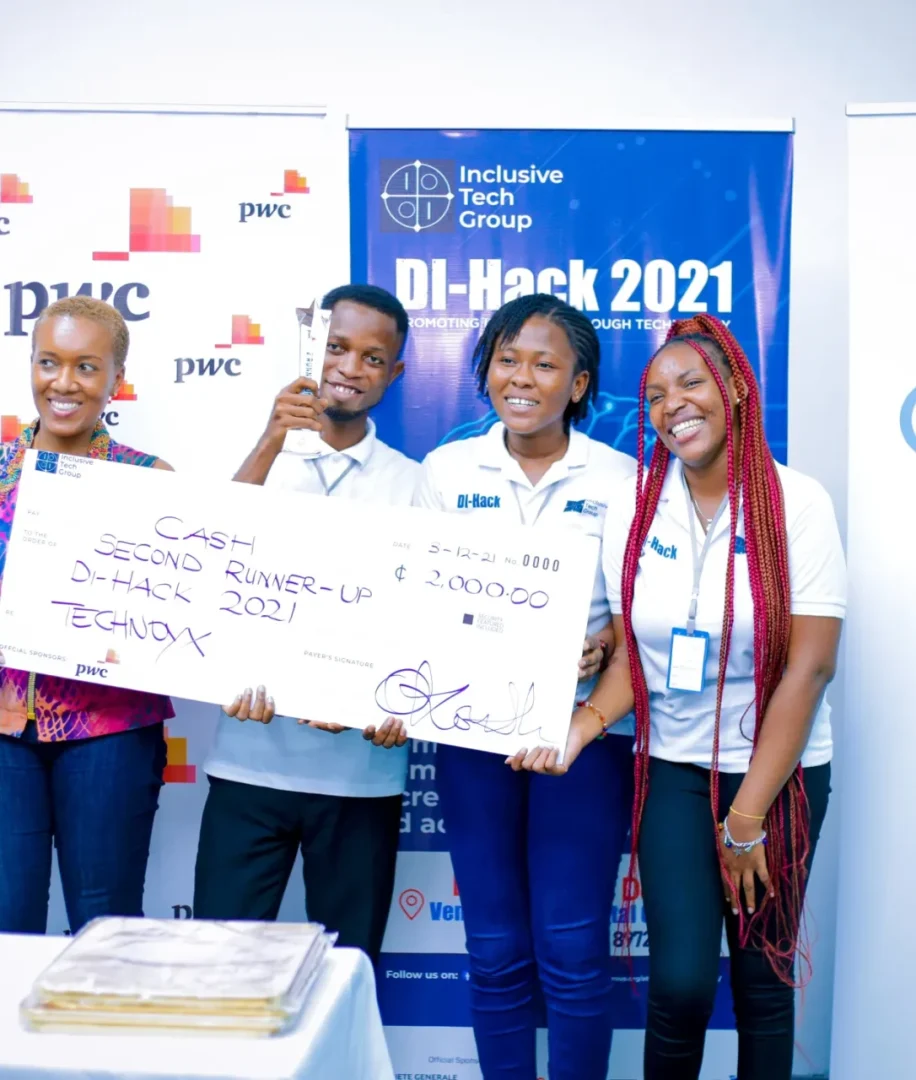
Speech-To-Text App
A prototype enhancing communication for speech and hearing-impaired individuals in Ghana and Afrika. Through co-design and collaboration, it fosters inclusive, interactive solutions, bridging communication gaps with socially responsive technology.
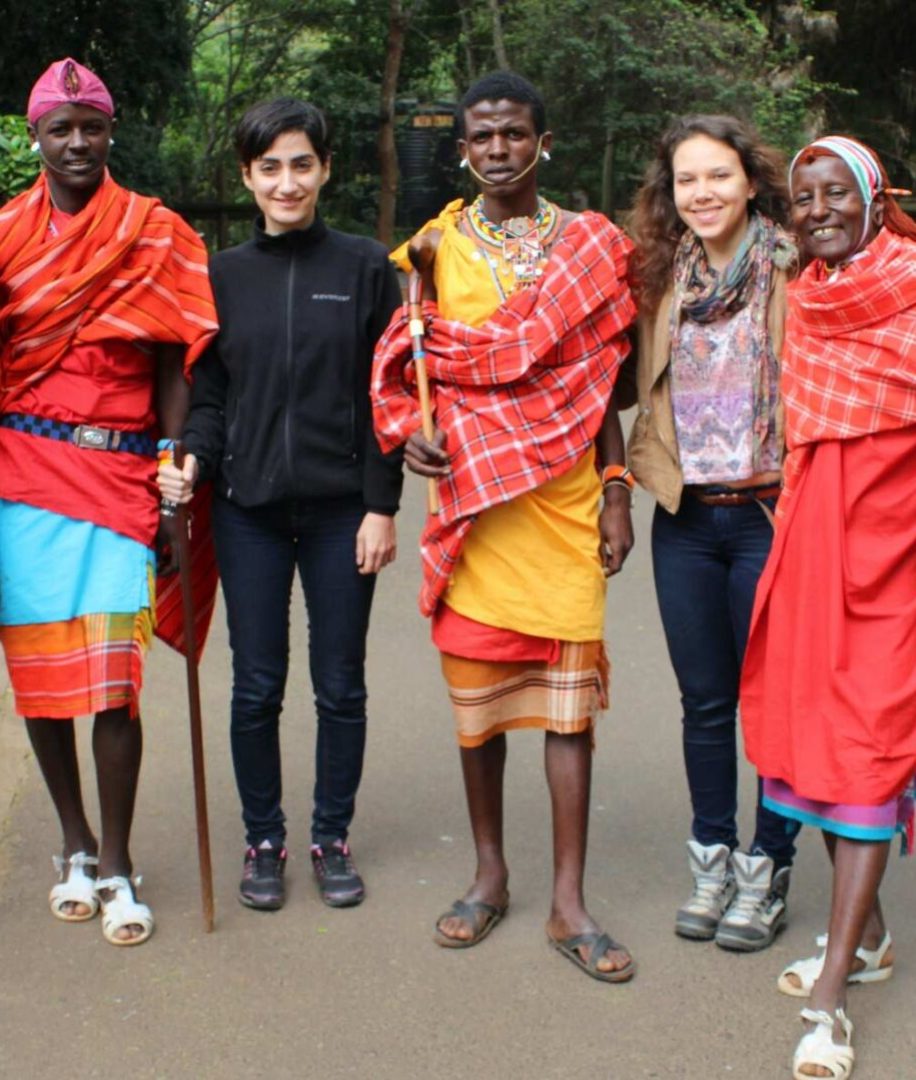
Tafaria Solar Energy
A design thinking project by CPUT (DRAW), AHO and international partners. The project delivers sustainable solar energy to Kenya’s Tafaria community, integrating gamification for hands-on training, empowering users, and ensuring equitable energy access for all.
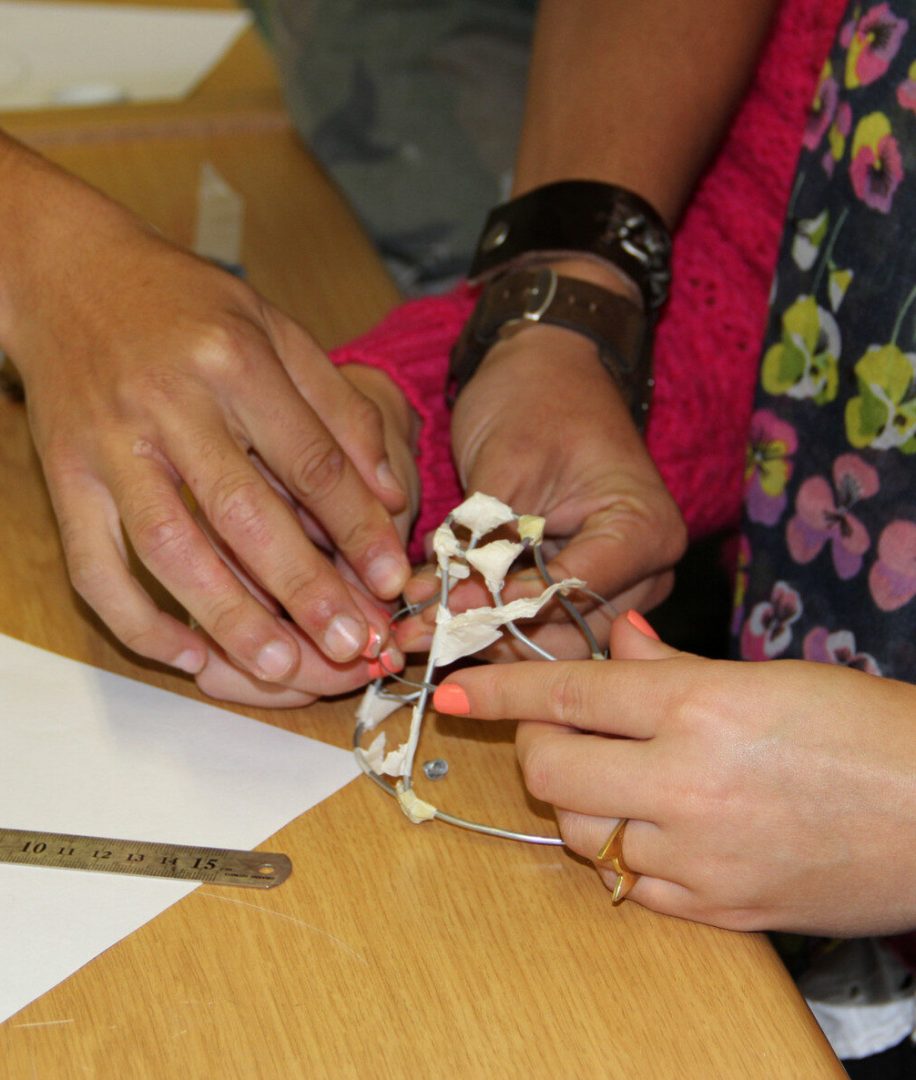
C_Sans Futures
This case highlights a sustainable design initiative by CPUT (DRAW) focused on climate interventions. Students and stakeholders collaborated to create discursive prototypes, culminating in a storied artifact titled Fiscilla the Fish. Drawing inspiration from Afrikan stories and stakeholder interactions, this artifact embodies the project’s vision and outcomes.
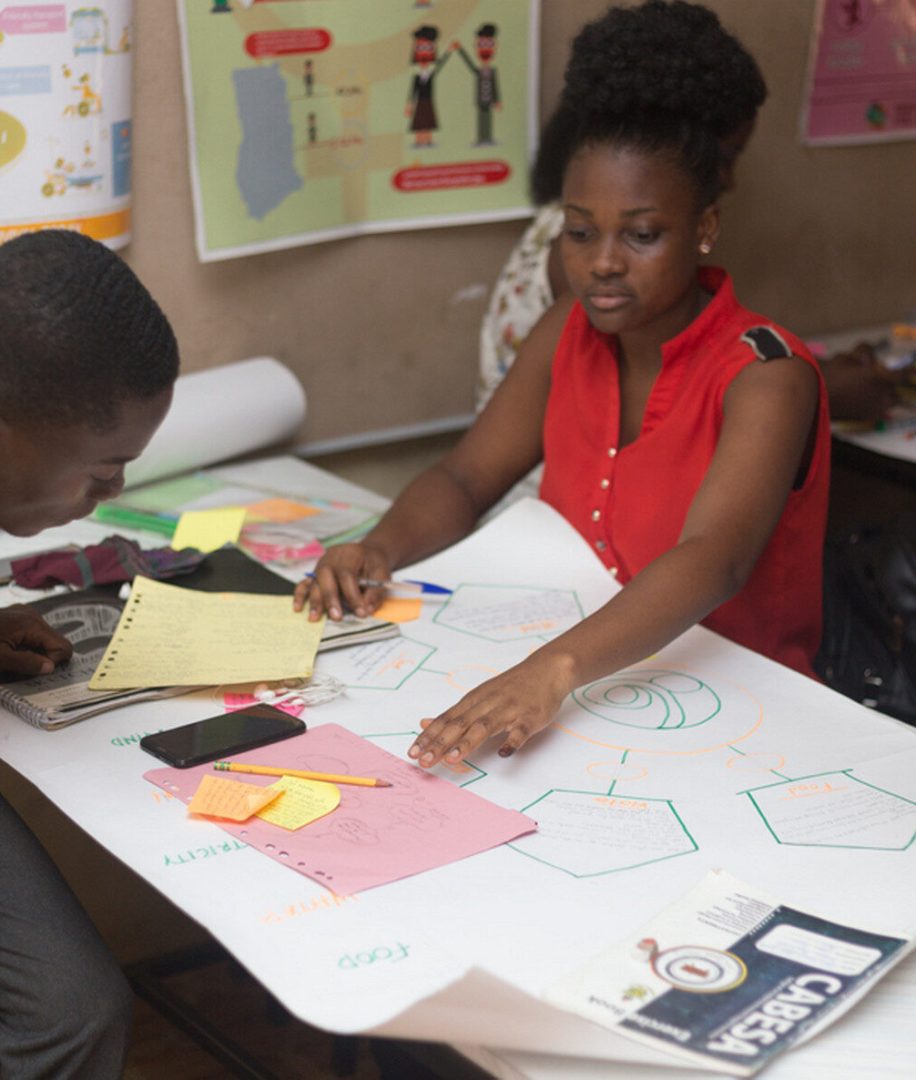
Cultures Of Resilience
A Ghanaian design-led initiative fostering resilience, empowering students to develop innovative solutions using designerly methods, addressing challenges faced during pandemic disruptions through social impact interventions.
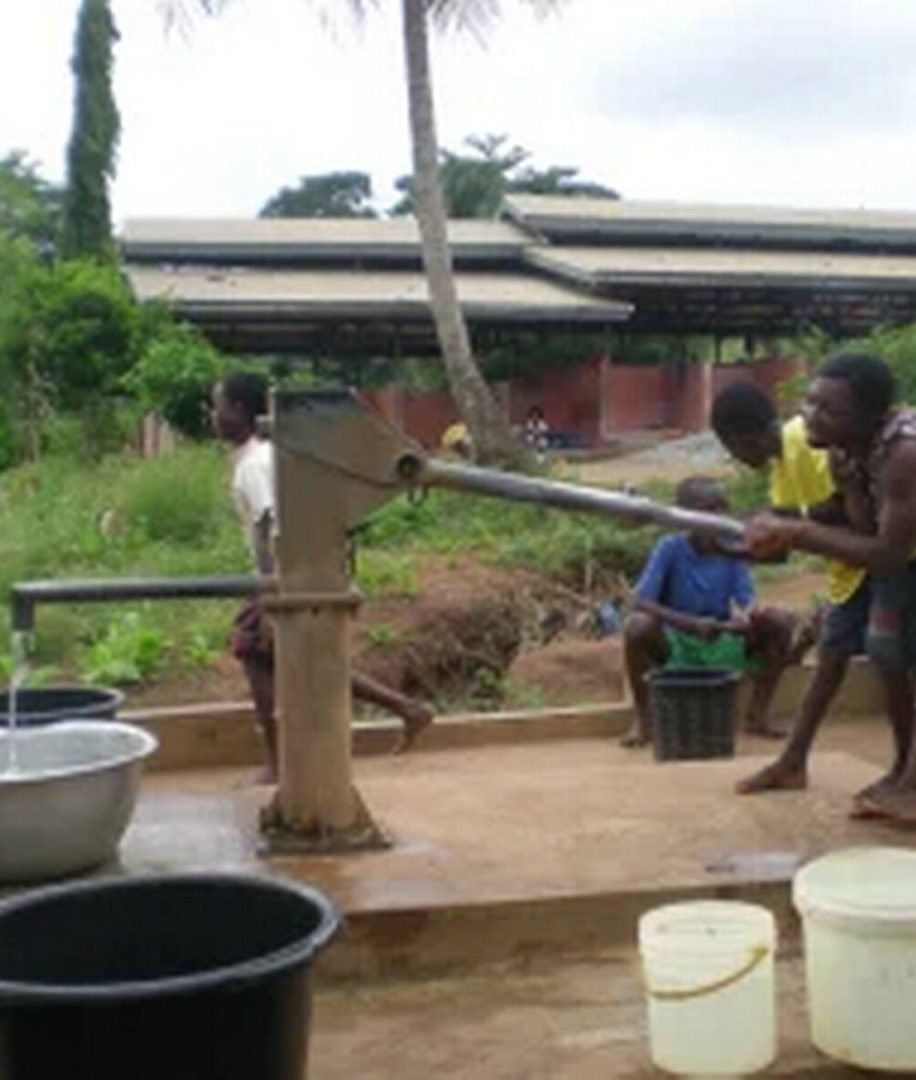
Ubuntu Village
A co-designed creative space in Ghana that fosters innovation and skills development, uniting artisans, women leaders, and youth in the community. The initiative is a collaboration between DESIS KNUST, NKA foundation and community stakeholders to ensure ownership and sustainability of the project.
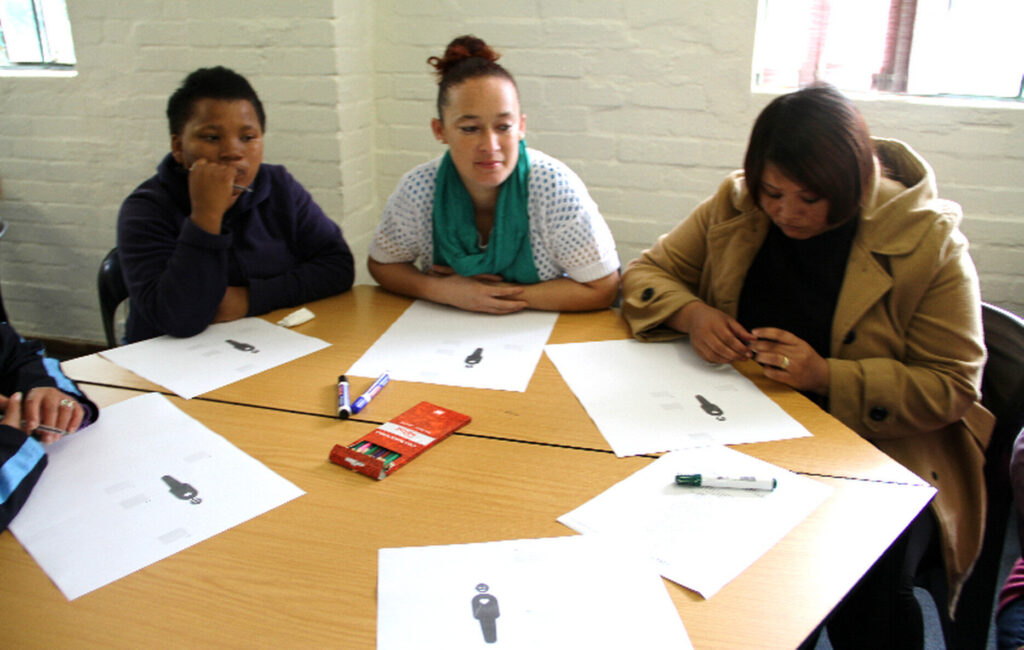
Info-share For Caregivers
InfoShare is a humanity-centered healthcare project based in Grabouw, South Africa. It employs a design-led approach to foster caregiver collaboration through a technology-enabled platform, ultimately enhancing healthcare service delivery and community well-being.
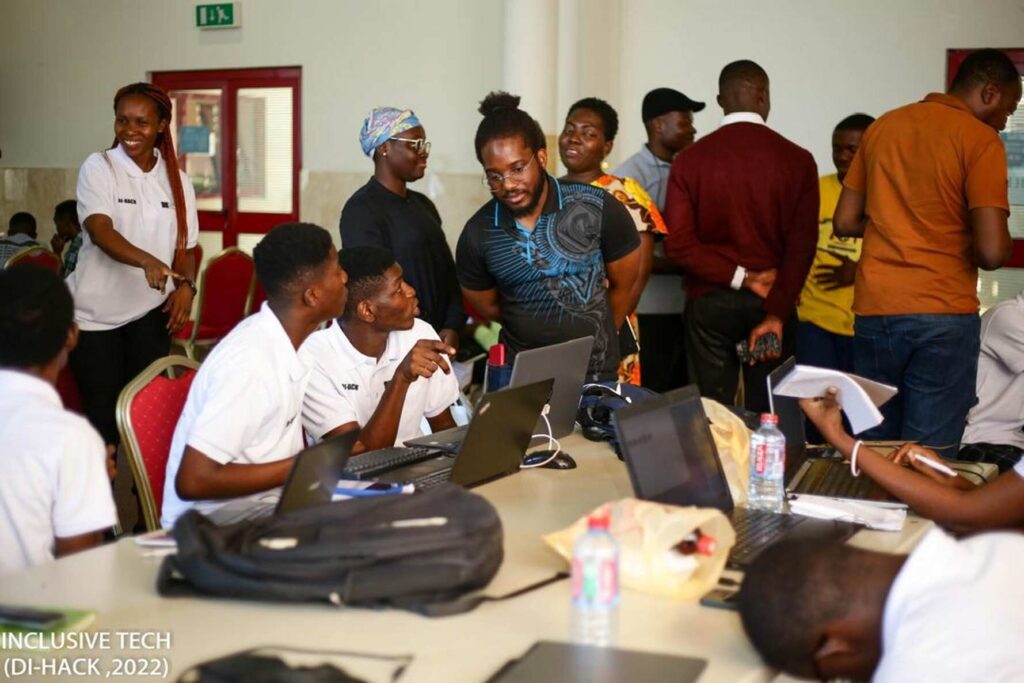
Disability Hackathon
DI-Hack is a 72-hour program uniting stakeholders, innovators, and Persons With Disabilities (PWDs) to co-create practical tech solutions, improving accessibility and enhancing the quality of life for PWDs.

